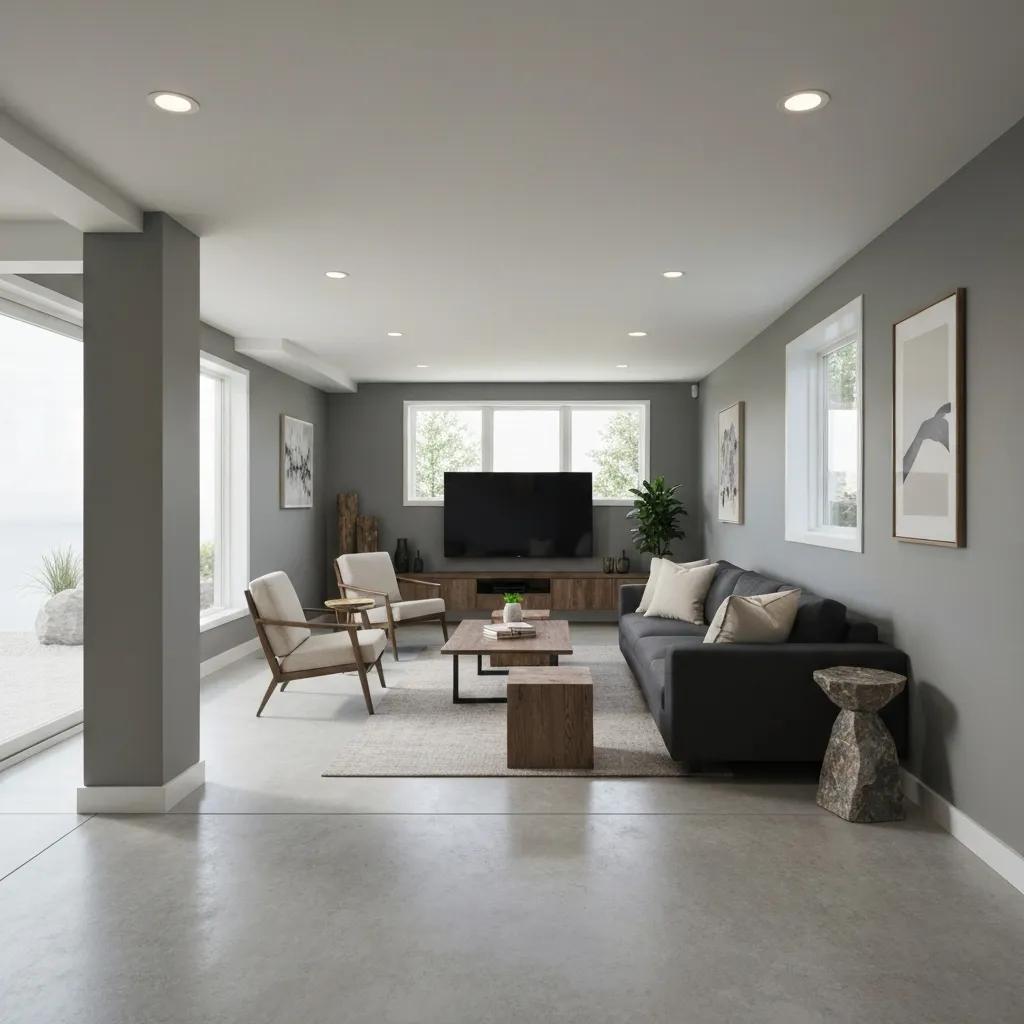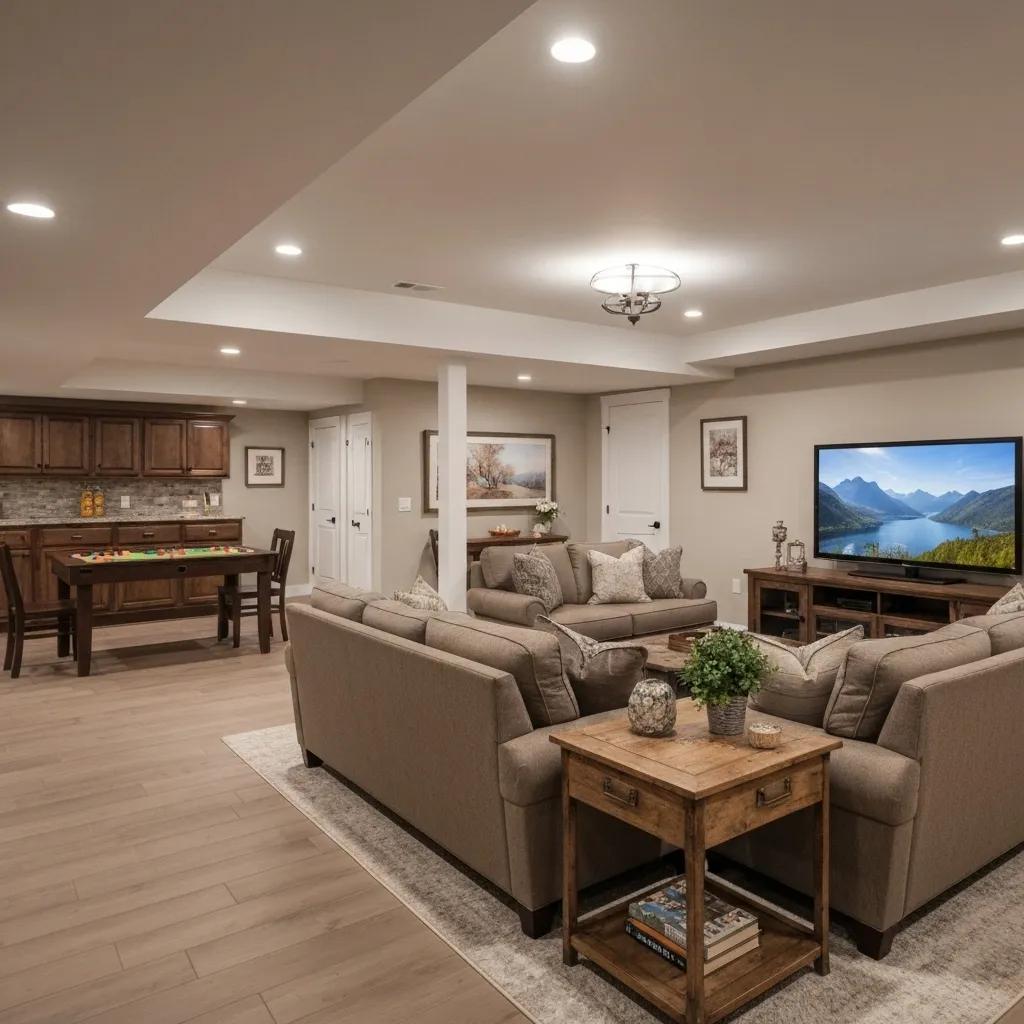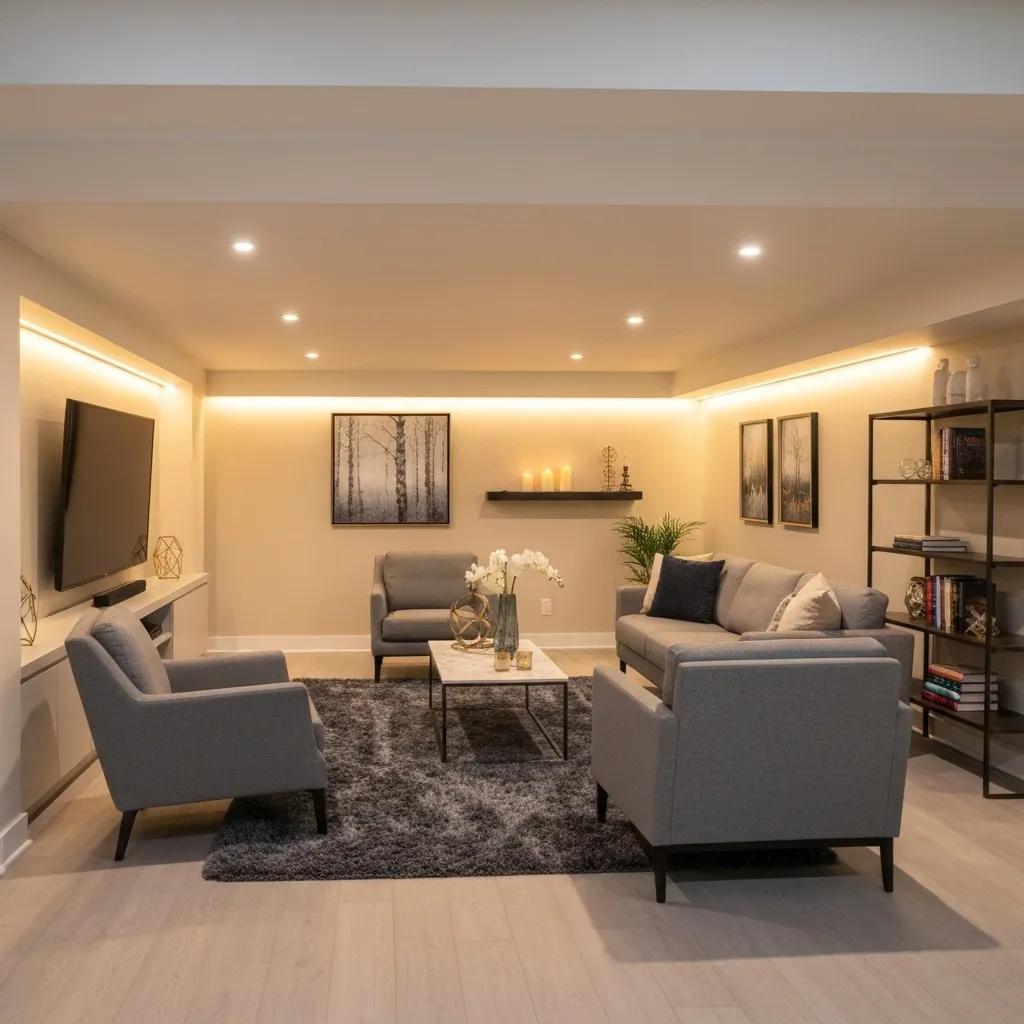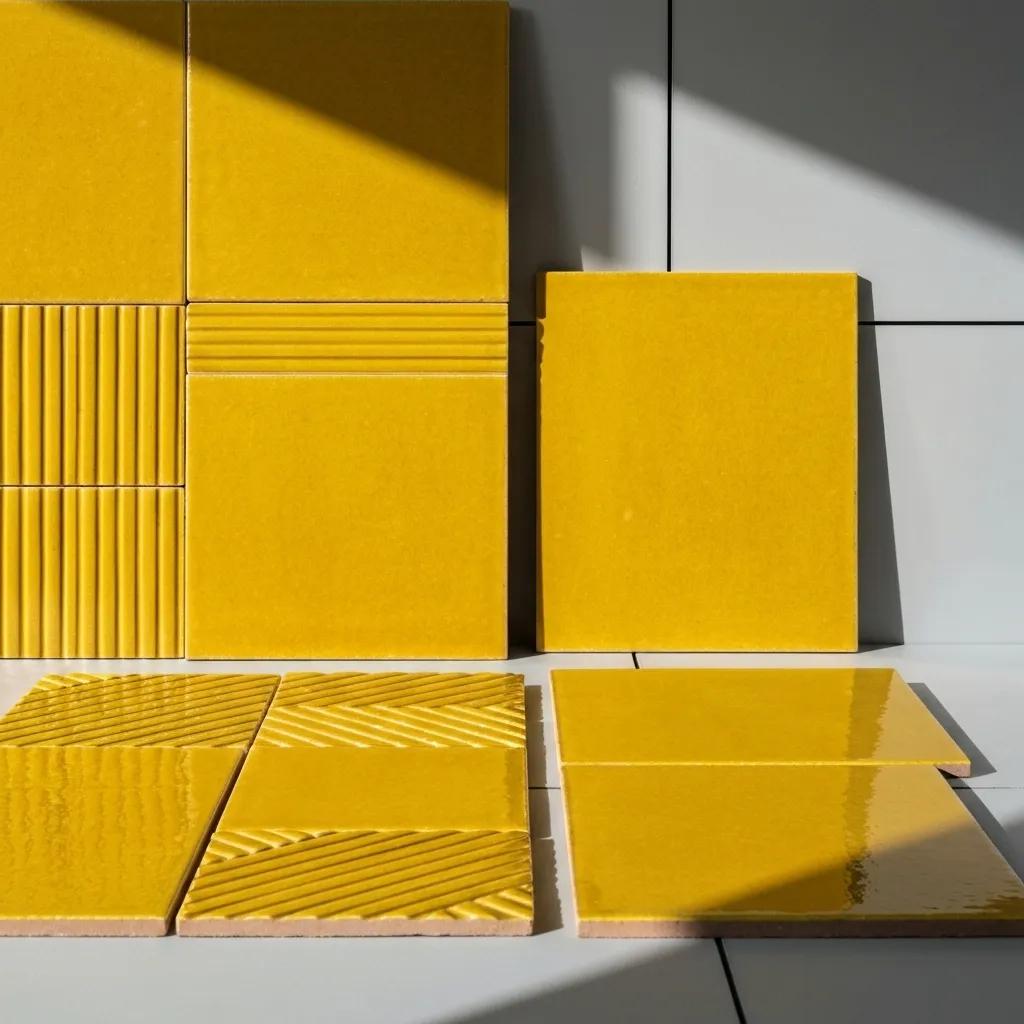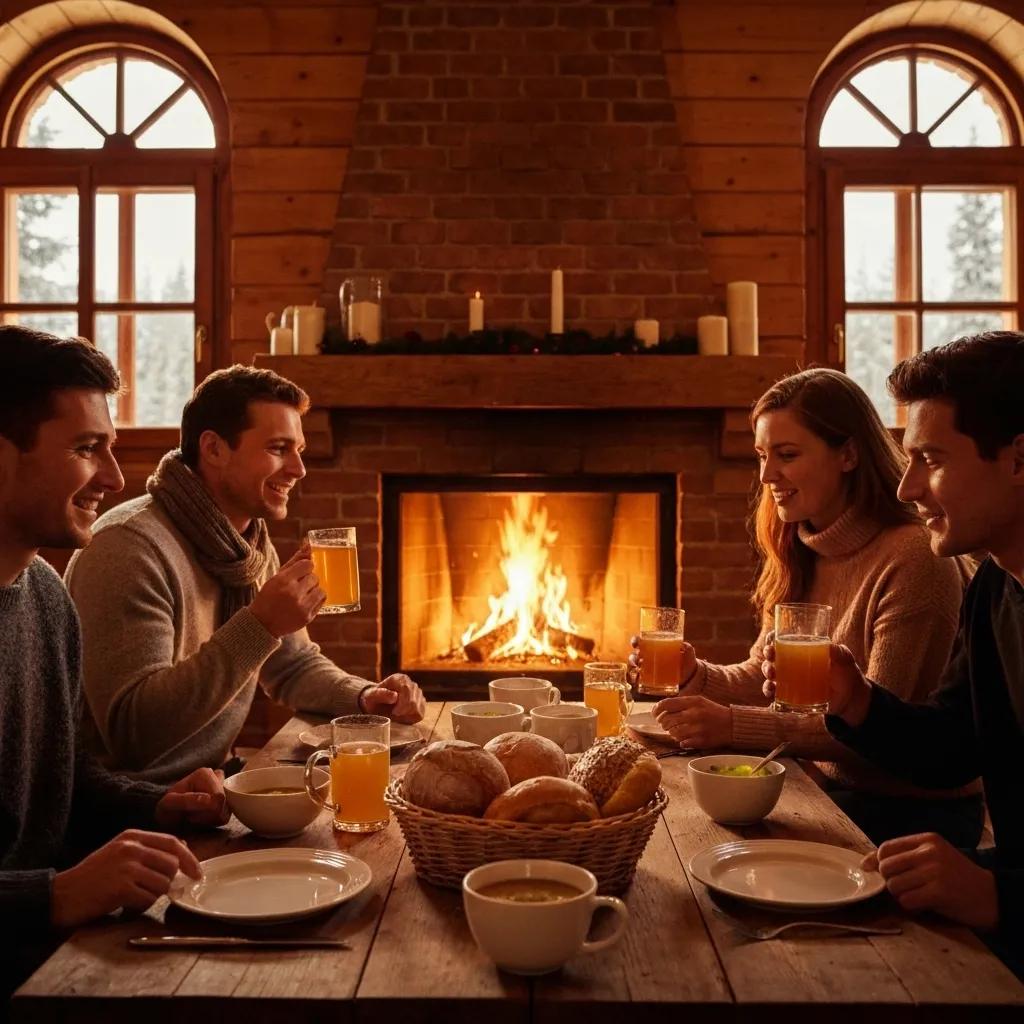
Breaking Down the Costs: What You Can Expect in Your Basement Finishing Price Quote
Basement finishing is a major home improvement project that adds usable square footage and boosts resale value. Many savvy homeowners seek out basement finishing des moines expertise to ensure they achieve the best results. Homeowners in Des Moines, Iowa, and nearby areas often wonder what a price quote includes, why certain charges are listed, and how various factors affect overall costs. This article breaks down what to expect when reviewing a basement finishing quote to help you make an informed decision when hiring contractors or managing the project yourself. For tailored service, consider consulting with basement finishing des moines professionals who can offer specialized advice.
Key Takeaways
- A basement finishing quote details costs for materials, labor, permits, and design fees.
- Basement size, project complexity, material choices, and local market conditions significantly impact pricing.
- Understanding each component of the quote helps compare estimates and avoid hidden costs.
- Asking the right questions and comparing multiple quotes ensures a smooth renovation process.
What Is Usually Included in a Basement Finishing Price Quote?

A typical quote outlines all project expenses, including material costs, labor, permit fees, and design and planning charges. This itemized breakdown clarifies what you are paying for and helps prevent surprises during construction.
How Are Materials Costs Detailed in a Price Quote?
Materials costs cover supplies needed for construction and finishing, such as drywall, cabinetry, flooring, and lighting fixtures. Costs may be broken down per section or square foot, with high-quality or specialty items like engineered wood or moisture-resistant drywall listed separately, including any markup.
What Labor Costs Should You Expect in Your Quote?
Labor costs account for all work by skilled tradespeople—from carpentry and electrical work to plumbing and painting. These expenses are based on an hourly or project rate and may include estimates for supervision and project management. The quote typically details working hours and any overtime or specialty fees to help you budget accurately.
Why Are Permits and Inspection Fees Included?
Building permits and inspection fees are required for compliance with local building codes and safety regulations. The quote lists estimated permit fees and inspection charges, ensuring that construction adheres to legal and safety standards while providing homeowners with legal protection.
How Do Design and Planning Affect Your Quote?
Design services, including blueprints and layout consultations provided by architects or interior designers, are often itemized separately. These fees cover detailed floor plans, finishing options, and project coordination, ensuring the basement meets both aesthetic and functional needs while reducing potential changes during construction.
What Are Common Finishing Options and Their Costs?
Finishing options include installing drywall, flooring, ceiling systems, lighting, and features such as home theaters or guest bathrooms. Each option has its cost implications; for example, adding a bathroom involves costs for plumbing fixtures, waterproofing, and tiling, while a home theater requires specialized electrical work and acoustic treatments. Detailed estimates for each option allow you to choose based on budget and desired functionality.
Which Factors Affect the Total Cost of Basement Finishing?
Several factors determine the overall cost, including the basement’s size and layout, material choices, design complexity, and local market conditions. Contractor rates and regional factors also influence costs, making it important to compare estimates carefully.
How Does Basement Size and Layout Impact Pricing?
The physical size and layout of your basement affect the amount of required materials and labor. Larger or irregularly shaped spaces generally result in higher costs. Contractors often use per-square-foot estimates that reflect the project’s scale and complexity.
How Do Material Choices Influence Your Quote?
Choosing premium materials such as high-end cabinetry, engineered hardwood floors, or custom light fixtures increases costs compared to standard options. Your quote may offer multiple material choices with corresponding prices, allowing you to balance cost with durability and aesthetics.
What Role Does Project Complexity Play in Cost?
More complex projects—such as those incorporating multiple functional zones like a home theater, guest bedroom, and bathroom—require additional expertise and time. This complexity typically translates into higher labor and material costs due to the need for custom features and specialized work.
How Does Location and Local Market Affect Pricing?
Regional labor rates, material costs, permitting fees, and insurance premiums affect pricing. In high-demand areas like Des Moines, elevated prices may result from increased competition and higher living costs. Accurate quotes reflect these local market influences.
How Can You Get an Accurate Basement Finishing Quote?

Obtaining an accurate quote involves detailed planning, clear communication with contractors, and thorough research. Gather multiple quotes with itemized lists of expenses to ensure transparency and avoid hidden fees. Working with experienced contractors familiar with basement renovations enhances quote reliability.
What Are the Steps to Request a Basement Finishing Quote?
Begin by contacting several reputable contractors and arranging an initial consultation. Share your basement’s measurements, photos, and floor plans if available. After reviewing your requirements and existing conditions, contractors prepare detailed written quotes outlining costs, timelines, and services provided.
What Questions Should You Ask Your Contractor?
When reviewing proposals, ask about the contractor’s experience, warranty policies, permitting process, and payment terms. Confirm whether the quote includes potential extra costs or contingencies and request references from past projects. This inquiry helps set clear expectations and minimizes misunderstandings.
How Do You Understand and Interpret Your Price Quote?
Examine each line item in the quote to understand costs for materials, labor, and permits. Look for details on contingencies or markups. If any part of the itemization is unclear, ask your contractor for clarification to ensure the estimate is fair and comprehensive.
How Can You Compare Multiple Basement Finishing Quotes?
Beyond the overall total, compare detailed breakdowns of materials, labor, permits, and design fees. The example table below can help you assess which contractor offers the most cost-effective scope of work:
| Component | Contractor A | Contractor B | Contractor C |
|---|---|---|---|
| Materials | $15,000 | $14,500 | $15,500 |
| Labor | $10,000 | $10,500 | $9,800 |
| Permits/Inspection Fees | $2,000 | $1,800 | $2,200 |
| Design & Planning | $3,000 | $3,200 | $2,900 |
| Total Estimate | $30,000 | $30,000 | $30,400 |
What Are the Average Basement Finishing Costs Per Square Foot?
Costs are often given on a per-square-foot basis. The final per-square-foot cost includes materials, labor, and permit fees divided by the total finished area. This metric helps simplify comparisons between quotes.
What Is the Typical Cost Range for Materials Per Square Foot?
Materials generally range from $10 to $30 per square foot, depending on the quality and type (from budget-friendly drywall to higher-end flooring and cabinetry). Consider both immediate costs and long-term value when choosing materials.
How Much Does Labor Usually Cost Per Square Foot?
Labor costs typically range from $15 to $40 per square foot. These rates depend on job complexity and local market conditions, and include all work from framing to painting.
How Do Permit and Design Fees Affect Per Square Foot Costs?
Permit, inspection, and design fees are spread over the finished area, potentially adding an extra $2 per square foot or more depending on the total costs divided by the space.
What Are Popular Basement Finishing Trends and Their Cost Implications?

Modern trends include home theaters, basement bathrooms, and additional guest rooms. These features can enhance comfort and market value but come with specialized costs.
How Much Does Adding a Home Theater Cost?
A home theater can cost between $5,000 and $20,000 due to specialized electrical, lighting, and acoustic requirements. Planning is crucial to manage these added expenses.
What Is the Cost of Finishing a Basement Bathroom?
Basement bathrooms generally cost between $10,000 and $25,000, factoring in plumbing, waterproofing, fixtures, tiling, and cabinetry. Moisture control is critical in these spaces.
How Much Does a Guest Bedroom or Office Addition Cost?
Adding a guest bedroom or office typically ranges from $8,000 to $20,000, with costs influenced by ceiling modifications, flooring choices, and built-in features.
How Do Material and Labor Market Trends Influence Basement Finishing Prices?
Fluctuations in lumber, insulation, or drywall prices and shifts in local labor markets can impact your overall quote. Being aware of these trends can help you negotiate or plan a contingency budget.
How Are Material Cost Fluctuations Impacting Your Quote?
Market demand and supply chain issues can raise material costs. Discuss potential price increases and bulk purchasing strategies with your contractor.
What Labor Market Changes Affect Basement Finishing Costs?
Increased demand for skilled workers or limited contractor availability can drive labor costs higher. Comparing contractor experience and labor rates is essential.
How Can You Plan for Future Cost Changes in Your Quote?
Including a contingency allowance (typically 10–15% of the total cost) or opting for fixed-price contracts can protect against unexpected increases in material or labor costs.
What Should You Know About Permits and Legal Requirements in Your Quote?

Permits and legal requirements ensure all work meets local building codes and safety standards. A complete quote includes necessary permits and inspection fees, protecting homeowners from legal issues and safeguarding the quality of the work.
Why Are Building Permits Necessary for Basement Finishing?
Permits validate that the renovation meets safety and construction standards, protecting you against liability and ensuring that future inspections confirm the work’s quality.
How Do Inspection Costs Factor Into Your Price Quote?
Inspection fees cover periodic reviews of the work at various stages—initial, mid-project, and final—to verify compliance with codes, helping you manage both the budget and timeline.
How Can Permit Delays Affect Your Project Timeline and Costs?
Delays in obtaining permits can extend the project timeline and increase costs if contractors must hold resources longer than planned. Discuss potential delays with your contractor to plan accordingly.
Frequently Asked Questions
Q: What steps can I take to ensure my basement finishing quote is accurate? A: Request an itemized estimate covering materials, labor, permits, and design fees, then compare multiple quotes for transparency.
Q: Are permit and inspection fees usually fixed or variable? A: They vary by location and project complexity but are typically listed as fixed costs in the quote.
Q: How can I manage potential increases in material costs during my project? A: Discuss price lock options with your contractor and include a contingency allowance in your budget.
Q: What should I do if I find discrepancies between multiple quotes? A: Ask for clarification and a detailed breakdown from each contractor to understand any differences.
Q: Is it worthwhile to invest in premium materials for basement finishing? A: Yes, as premium materials often offer better durability and energy efficiency, leading to long-term savings.
Final Thoughts
Basement finishing transforms unused space into a valuable area while increasing your home’s resale potential. By understanding the detailed breakdown of costs—materials, labor, permits, and design fees—you can make informed decisions and avoid unexpected expenses. Comparing multiple quotes and asking the right questions helps you select the right contractor. With proper planning and clear communication, you can create a beautifully finished basement that enhances your living space and boosts your home’s market appeal.


